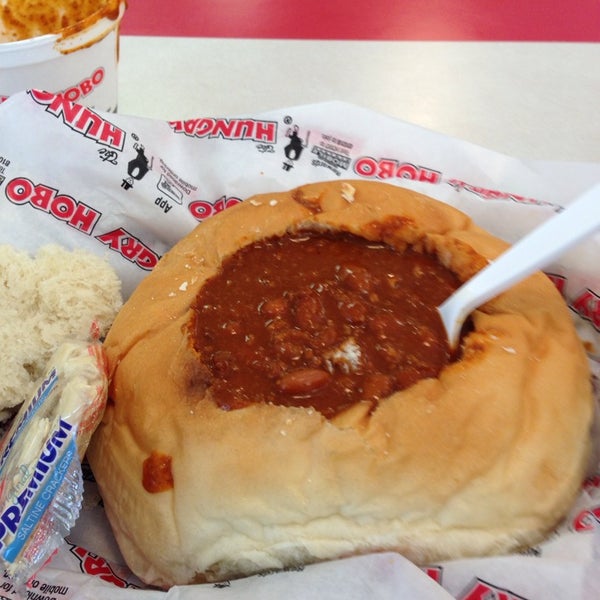
And when he couldn’t do that, he went hungry, which was often.įreight lines were a steel highway to ship goods through the U.S. And when he couldn’t find it, he scrounged. Willy became a hobo, a footloose worker who took employment whenever and wherever he could. But when steady work dried up, he did what hundreds of thousands did during the Great Depression: He hopped a freight train. In the South, he’d found work wherever he could, sometimes riding out into the countryside in a Model T with a root doctor, a skilled rural practitioner who used roots and natural remedies. “That blanket feels good,” he said, “like a warm piece a’ bread.” Suddenly in a reflective mood, he turned to me and with a weary grin, said, “For a white boy, you’re okay,” and proceeded to tell me what it was like to be a Black man who came north from Georgia in the 1930s. When the hospital room’s heat failed, I gave him one of my blankets. One morning I fished Willy’s slippers out from under the bed.

Hobos scrawled the secret language with whatever writing implements were available-a lump of coal, chalk, a nail, or even a sharp-edged rock. These symbols, really hieroglyphs, appeared on posts and bridge abutments, on fences and outbuildings.

Their secret? A system of hastily scrawled symbols that only the initiated would understand. While we healed, Willy imparted wisdom about the difficult truths of life as a hobo, an itinerant worker who moved through rural America, sometimes stealthily for their own security. ➡ Get unlimited access to the weird world of Pop Mech. My roommate was in his 90s, and though he was in for heart trouble, he was sharp as a razor.ĭive deeper. I was in my early 30s, laid low by a bacterial infection and feeling like I’d been hit by a truck. It was almost 30 years ago, and I was flat on my back in a hospital bed in Trenton, New Jersey, sharing my room with this elderly man.


 0 kommentar(er)
0 kommentar(er)
